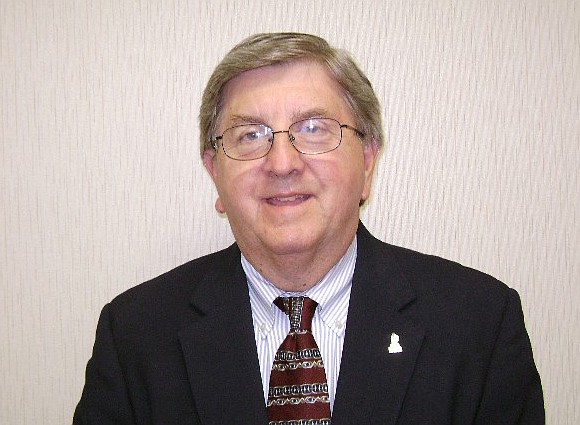Q: What scams are current in our marketplace?
A: Scammers never take a rest. First, the Publishers Clearing House scam has been very active all summer. Second, and most active today, involves the consumer being a "winner" in a contest and receiving a very legitimate looking check for a large amount of money. The premise is to deposit the check and from the proceeds return money to the fraudster for taxes, fees, insurance, shipping, etc. Let's take a look at each one.
Publisher Clearing House will not call you before they visit.
Consumers have been calling about representatives who claim to be with Publishers Clearing House (PCH) who are really out to get your money. This ruse of a scammer claiming that they are with Publishers Clearing House is not new. Typically, the schemer will instruct the consumer to go out and buy a Green Dot money card -- then instruct the consumer to call them back with the information. Sometimes the schemer will ask the consumer to send money via a wire service in order to pay upfront the "taxes and fees" so the prize(s) can be released. The typical "prize" is a million or so dollars with usually a fancy car thrown in for good measure. The typical, so-called "taxes and fees" amount that consumer have reported averages around $300 to $500.
The new angle in this ruse is that these schemers are being bold enough to ask the consumer to withdraw cash from the bank or get a Green Dot money card and meet up with them at the nearest CVS, Walgreen, or Walmart. Some go as far as to say they will go to their house to meet with them to pick up the money or card.
Should you receive a call from someone saying they are from Publishers Clearing House, or receive a check in the mail, keep these BBB tips in mind first:
• Publishers Clearing House will never notify you beforehand that they plan to stop by to award your prize -- it should be an absolute surprise!
• You cannot win a prize you did not enter.
• PCH will never ask for money upfront in order for you to claim your prize; the government will take it out when you file your income tax later. Anyone who states differently is trying to scam you. If you have to pay for a prize, then it's no longer a prize, but rather a purchase.
• It is good practice to run the information you learn by a trusted friend, family member, neighbor, lawyer, even the BBB before you go blindly to claim your prize.
• Should you ever feel uncomfortable in a situation, or the schemer starts to threaten you, call the police and file a report. Never go alone to meet someone when exchanging items is involved.
• You can't win a contest you didn't enter. You need to buy a ticket or complete an application to participate in a contest or lottery. In the case of a government grant, the process usually involves even a lot more paperwork. Verify that the company offering the prize is a legitimate business by doing research on the company. You can start your search at bbb.org.
• You are offered "too-good-to-be-true" prizes. It is almost always a large sum of money, and we have heard an occasional "awarding" of expensive cars too. But there is always a catch. Scammers attempt to make it sound easy to claim your prize. The reality is it is very unlikely that someone will give away large sums of money, or cars, with no strings attached.
• You have to give personal information. Anytime someone asks for your bank account number, Social Security number or other sensitive information should be an automatic red flag. There is also no need to access financial information, like a credit card number in response to a sweepstakes promotion.
• You have to pay to win. Don't be blinded by the promise of a large sum of money in the future. If they are asking you to give them money first, that is a red flag. According to Federal Trade Commission, it's illegal to ask you to pay or buy something to enter or increase your odds of winning. Legitimate prizes do not come with processing fees, insurance, shipping, taxes, etc.
• You have to wire money or use prepaid debit cards. If you are asked to use these transfer methods in order to get a prize or any other large sum of money that is a major red flag. It's difficult to track these types of transactions, so you will have little to no way of getting your money back.
Jim Winsett is president of the Better Business Bureau of Chattanooga.

